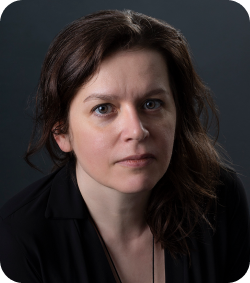Nunet Foundation
The NuNet Foundation contributes to the augmentation of humanity’s collective intelligence, individual freedom, and overall well-being by democratizing access to computing resources and fostering socio-economic development.

Serving the Common
NuNet is a global-scale Common and NuNet Foundation operates as its caretaker. A "Common" is a shared resource that is co-created, co-governed, and collectively used by a self-governing community.The NuNet Common has three layers:
1
2
3
Upholding the Values
Not everything at NuNet is left to spontaneous self-organization. A clear intention runs beneath it all and shapes what happens here. Its trace lies in the core principles and values, written into the rules that govern the project.
These core principles and values are not optional: to co-govern NuNet, you must first commit to upholding them. The Foundation’s role is to make that clear.
1.Care for humanity and all life on Earth.
2. Doing no harm
3.Open-source
4.Decentralized governance.
Enabling NuNet’s Economy & Governance
Even decentralized economies and governance structures have their institutions. The NuNet Foundation acts as the legal interface of the Common—connecting it to frameworks that require formal representation.
The Foundation also acts as the issuer and steward of the network’s utility token, NTX, and anchors the primitives of the network’s governance within the legal system. The NuNet Foundation is legally incorporated as a non-profit organization in Geneva Switzerland.
Foundation Structure

Executive Fellow





Council Members
From the next term (November 2029–2033), Council Members will be elected by the Community, following the procedures set out in the Governance Framework of the Common.
Executive Fellows
While the initial Fellowship is established by the Council, the relationship between the two bodies is only partially hierarchical. For example, Fellows are appointed and dismissed not by the Council, but by the Fellowship itself, as an autonomously self-structuring body.
The Team
As the network expands and new autonomous operators emerge, the Foundation may contract new development, maintenance, and facilitation services from a broader range of players, in line with the Community’s preferences and needs.

Network Governance
9 Fundamentals
The Common
Status: Constitutional
Core Values & Principles
Status: Constitutional
Community Member
Status: Derivative of The Governance Framework of the Common
The Community
Status: Derivative of Community Member
The Governance Framework of the Common
Status: Derivative of The Common + Core Values & Principles + Foundation Charter
Foundation Charter
Status: Constitutional
Foundation Council
Status: Derivative of Foundation Charter + NuNet Foundation
Executive Fellowship
Status: Derivative of Foundation Charter + NuNet Foundation
NuNet Foundation
Status: Derivative of Foundation Charter
